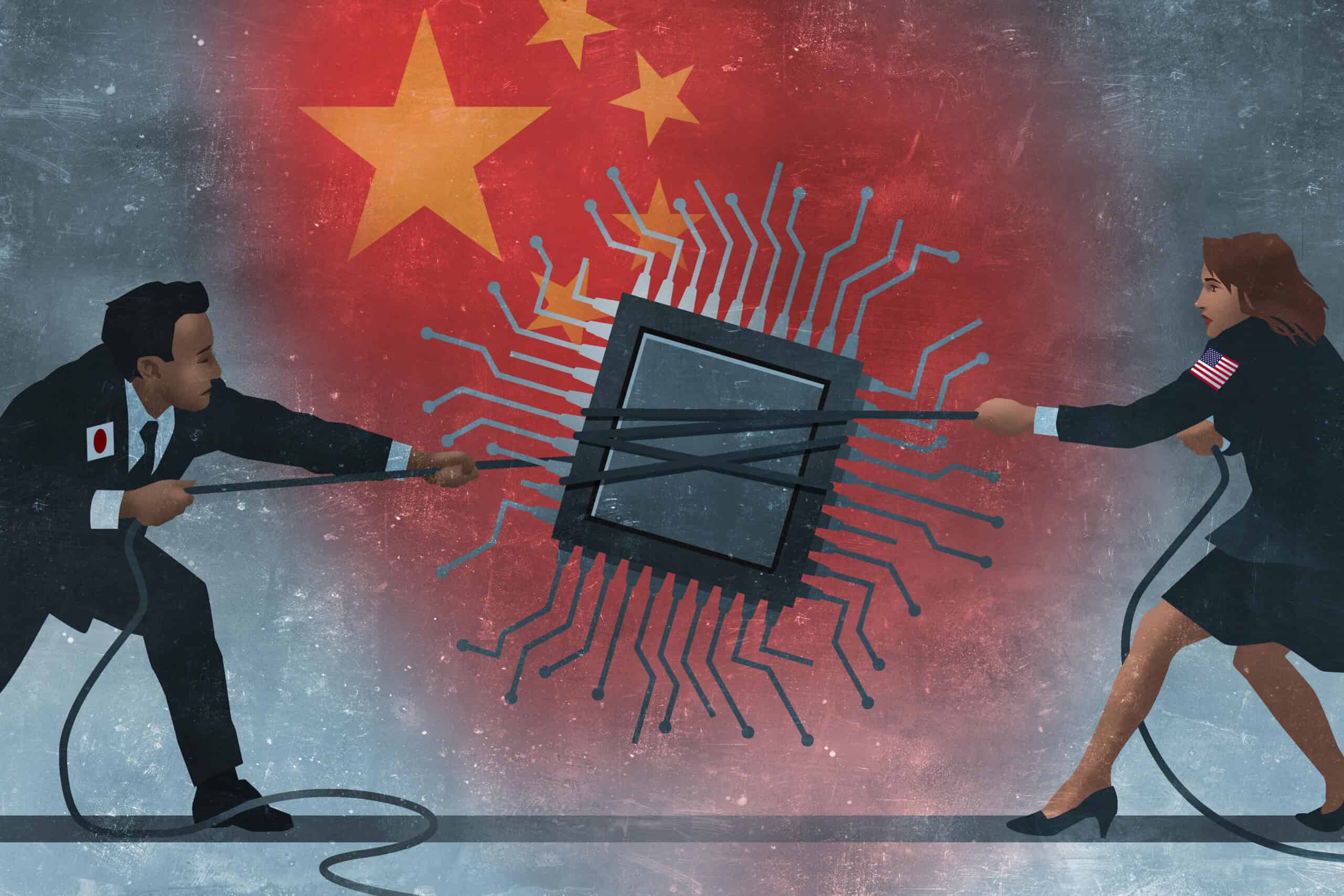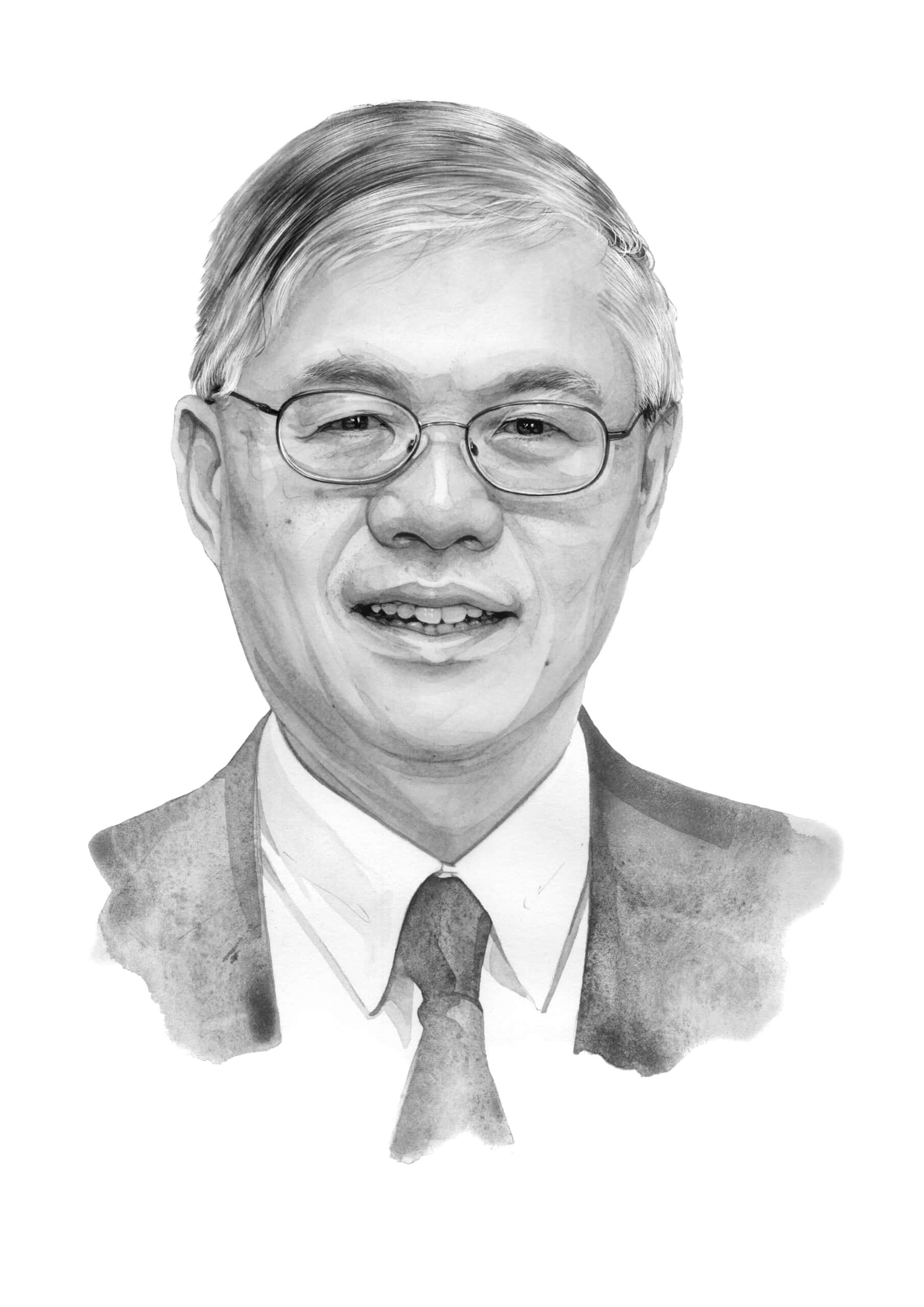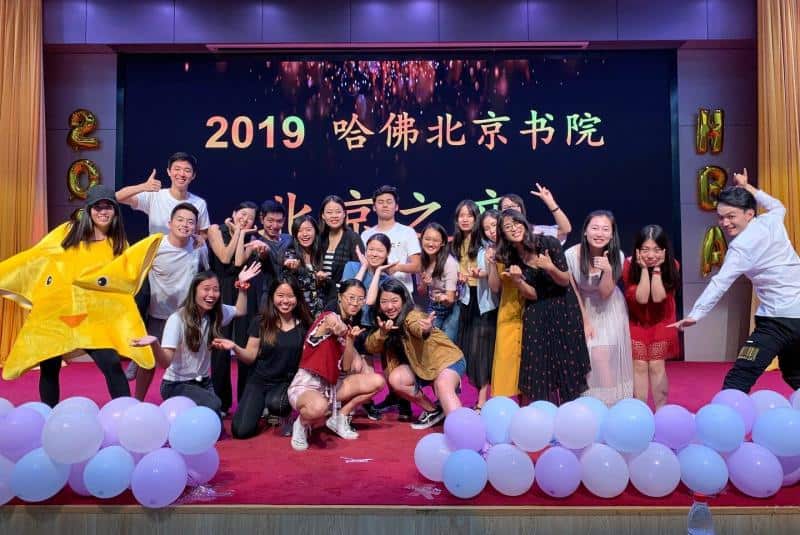
Good evening. NYU Shanghai was founded a decade ago with an unimpeachable goal: Provide a real American university experience inside mainland China. That goal remains as worthy as ever, but our cover story this week shows just how complicated that is in China today. Elsewhere, we have a Q&A with Jeff Stoff and Glenn Tiffert on their new Hoover Institution report about unclassified research collaboration; infographics on China’s National Social Security Fund and its investments; an op-ed from Minxin Pei about the security consequences of America’s China focus; and an op-ed from Thom Woodroofe about why U.S.-China climate relations are looking up after COP26. If you’re not already a paid subscriber to The Wire, please sign up here.
Want this emailed directly to your inbox? Sign up to receive our free newsletter.

Who’s the Boss?
NYU Shanghai is used to standing up to its critics. As the first ever Sino-U.S. joint-venture research university, it represented a huge experiment: Could an American university really maintain control in an authoritarian country? The answer a decade ago was an optimistic ‘yes.’ But as Anastasiia Carrier reports, a new lawsuit has exposed some of the tensions — and limitations — of American universities operating in China.
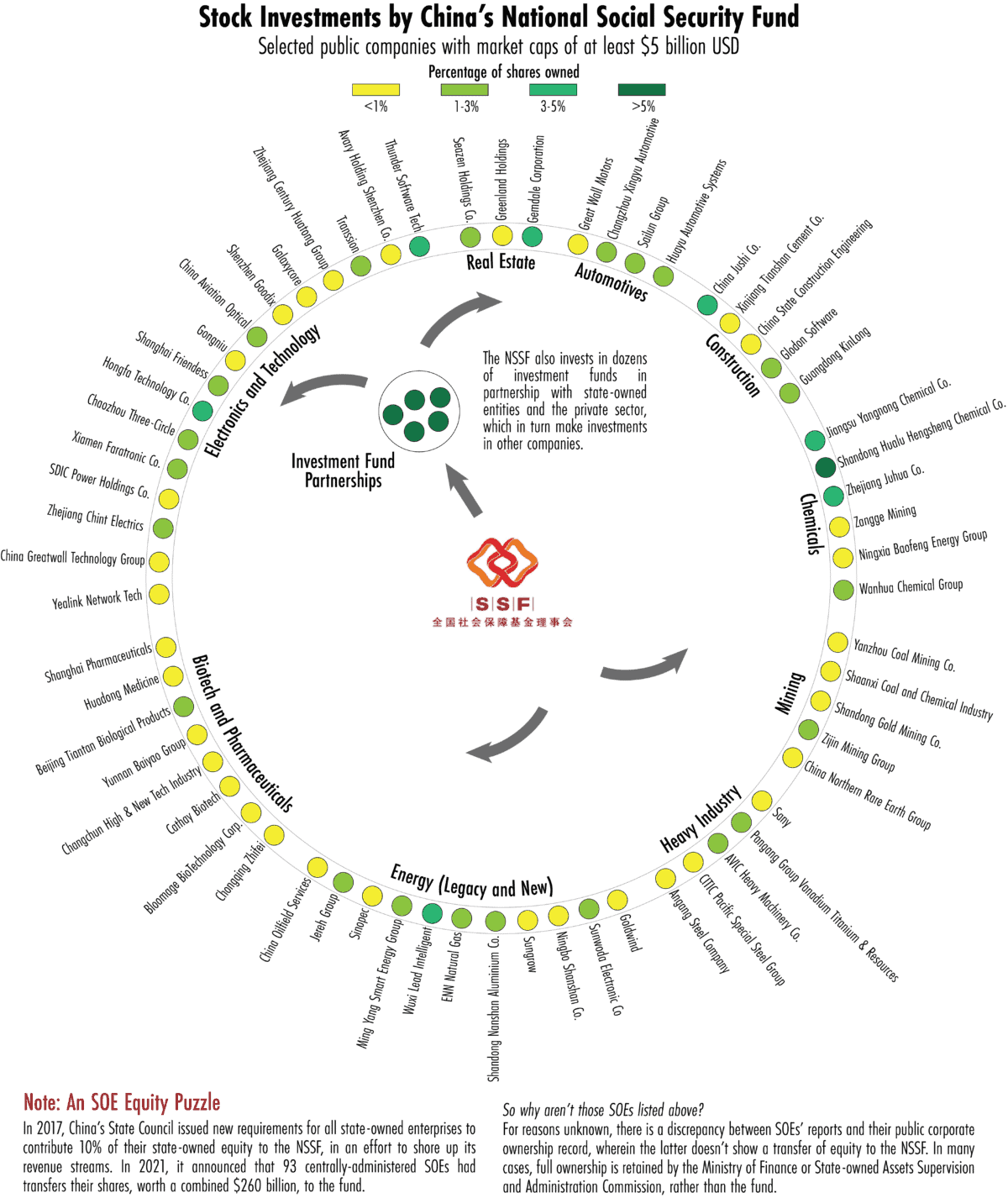
The Big Picture: Pension Problems
With more than $400 billion in assets under management at the end of 2020, China’s National Social Security Fund (NSSF) is one of the world’s largest sovereign wealth funds. And one feature of its operations stands out: unlike the U.S. Social Security Trust Fund, which invests mainly in U.S. government securities, the NSSF is permitted to invest in equities and stocks. This week, our infographics look at what it invests in and the challenges it faces as China confronts its looming old age crisis.
A Q&A with Jeff Stoff & Glenn Tiffert

Glenn Tiffert, a research fellow at the Hoover Institution at Stanford University, and Jeffrey Stoff, a longtime government official, recently released a report called “Eyes Wide Open” about the potential problems of unclassified research collaboration between the U.S. and China. In this week’s Q&A with David Barboza, they talk about the Chinese Academy of Sciences Institute of Automation and why the U.S. needs to do its homework when it comes to Chinese research partners.
Jeff Stoff (left) & Glenn Tiffert
Illustration by Kate Copeland

The Security Consequences of America’s China Focus
With U.S. security strategy now dominated by the China threat, some regional powers will be tempted to engage in aggression against weaker neighbors in order to test U.S. resolve. But as Minxin Pei, at Claremont McKenna College, argues in this week’s op-ed, the diminution of America’s global stature could also bring significant benefits for both the U.S. and the rest of the world.
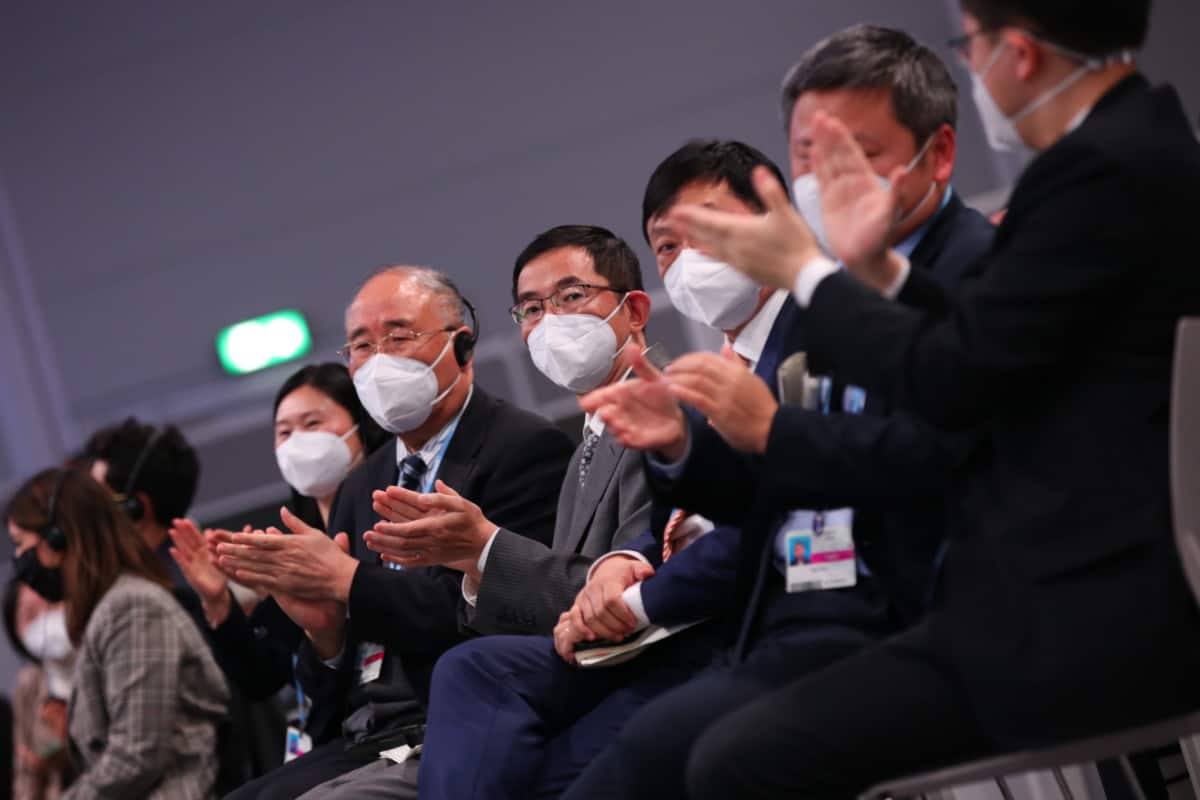
U.S.-China Climate Relations Look Up After COP26
The Glasgow Declaration was not a game changer akin to the original 2014 U.S.-China climate deal, which helped cement the Paris Agreement in 2015. But Thom Woodroofe, a former climate diplomat and a fellow of the Asia Society Policy Institutes, argues that it is as much of a step forward given the geopolitical state of the relationship. In particular, he says, it means the intense levels of dialogue between the two countries on climate can now translate into practical cooperation.
Subscribe today for unlimited access, starting at only $19 a month.

